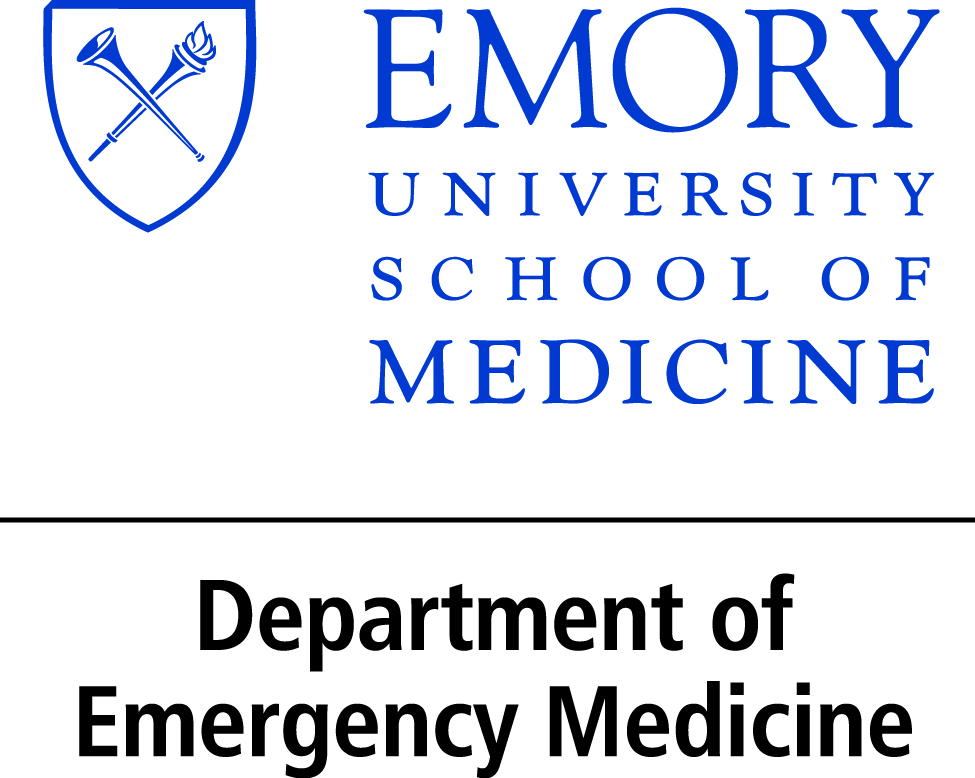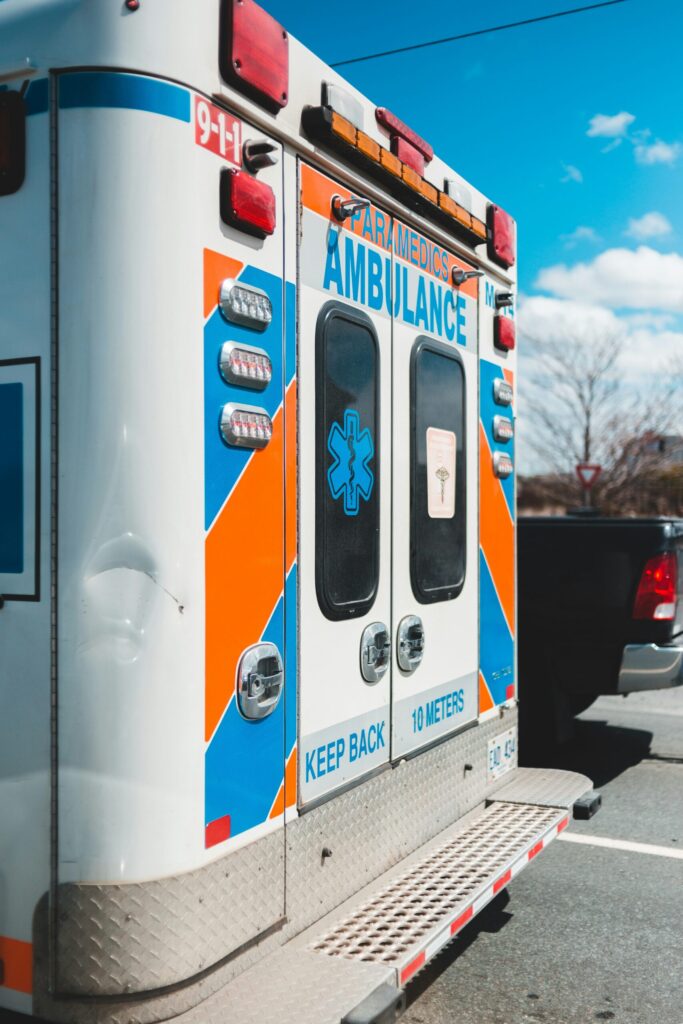


Project 1:
IGC, in collaboration with Sandia National Laboratories, supported 15 Lebanese participants to attend the Middle East and North Africa Toxicology Association (MENATOX) Conference, held February 8-11 in the United Arab Emirates (UAE). IGC’s chemical, radiological and toxicology subject matter expert (SME), Dr. Ziad Kazzi, collaborated with SNL to host side events for the Lebanese focused on toxidrome recognition and action planning sessions. To support SNL, IGC has conducted outreach to identify 15 participants for the conference and side events, lead the logistical support process (e.g., visa requirements, venue arrangements), instruct using the Recognition and Initial Management of Illness Clusters (RIMIC) course, and assist SNL in facilitating next steps and action planning discussions.
Project 2:
IGC, in collaboration with Emory University’s School of Medicine, will conduct a three-phase project, including remote master trainer development sessions, a three-day in-person workshop, and remote follow-up sessions to train Lebanese first responders and emergency medicine professionals to identify and respond to low-effort biological and chemical weapons attacks. For this project, SMEs identified by IGC will tailor the Recognition and Initial Management of Illness Clusters (RIMIC) course. In Phase I, IGC will develop master trainers using a Training-of-Trainers (ToT) approach. These master trainers will be developed through remote ToT sessions, which will focus on how to become a master trainer and train peers to identify, treat, and report biological and chemical weapons incidents; implement the RIMIC course using the Lebanon-specific RIMIC curriculum; and conduct a tabletop exercise (TTX). IGC will then conduct a training for Lebanese first responders and emergency medicine providers that includes the two-day Lebanon-specific RIMIC course followed by a one-day TTX series including a low-effort biological weapons scenario and a chemical weapons attack scenario, with response team roles emphasized (e.g., identification, response, reporting). Lastly, IGC will host remote discussions to support sustainability for the master trainers and participants. Master trainers will share lessons learned, and challenges they identified during the training and TTXs, and the group will discuss the next steps, future ToT opportunities related to chemical and biological security, and creating a network to support continued participant communication.


